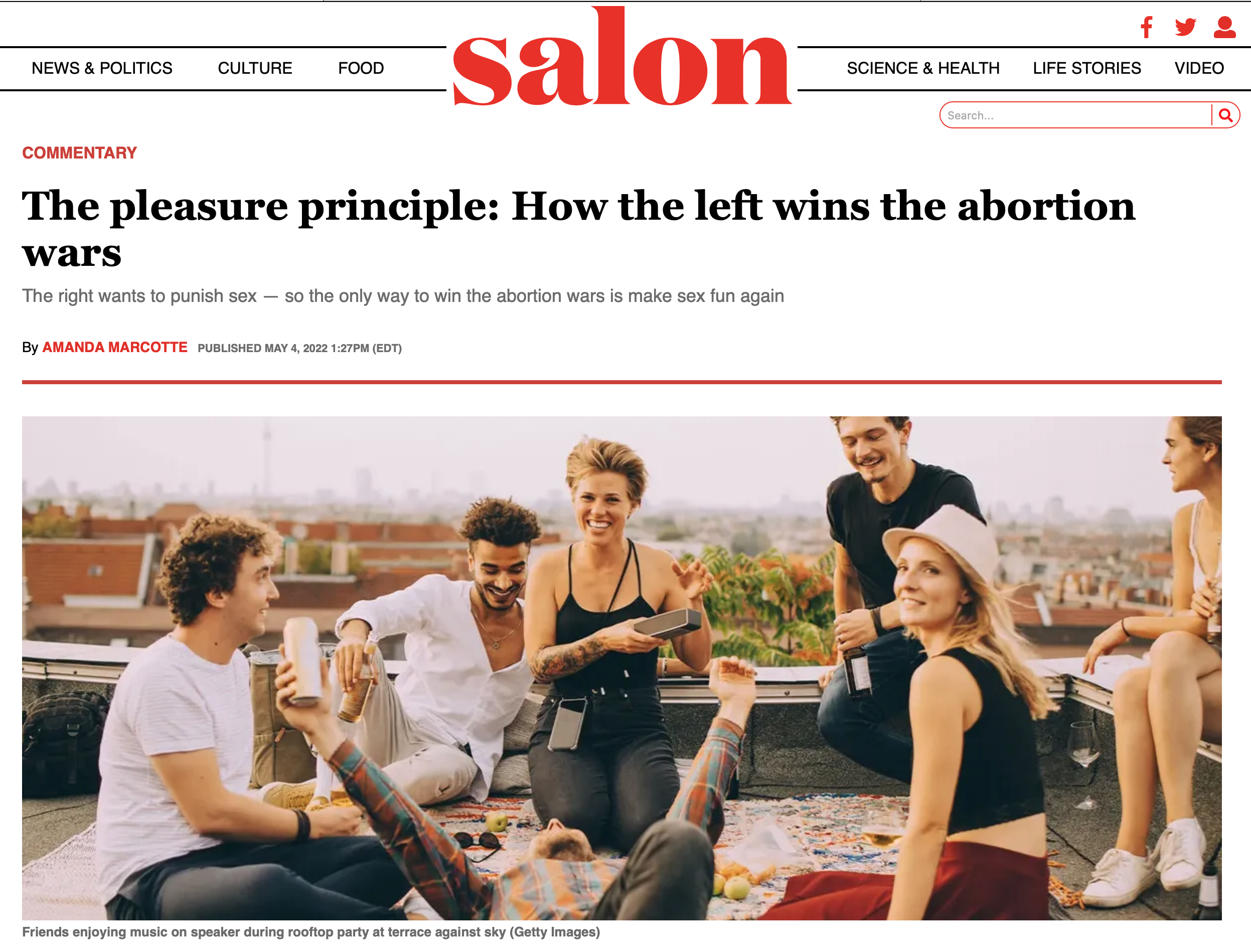"He wrote one of his first plays to
Leadbelly’s 'Ol’ Riley.' He listened to Bob Dylan’s 'Like a Rolling Stone' and 'Subterranean Homesick Blues' while writing 'Rosencrantz and Guildenstern,' and John Lennon’s 'Mother' while writing the play 'Jumpers.'... [Tom Stoppard thinks] that art arises from difficulty and talent. 'Skill without imagination,' one of his characters says, 'is craftsmanship and gives us many useful objects such as wickerwork picnic baskets. Imagination without skill gives us modern art.'... His idea of a good death, he’s said, would be to have a bookshelf fall on him, killing him instantly, while reading."
We've all had the experience of listening to one song obsessively over and over, but under what circumstance? Probably not while trying to get some serious mental work done! We're talking about songs — with words — over and over. Imagine writing a play while Bob sings "Subterranean Homesick Blues" over and over. So annoying! Maybe it helps to set up a big obstacle, to cram out 90% of what would otherwise crowd into your head.
When have you played one song over and over and why? When I was a teenager, I'd play one song over and over because it was a new song — a missive from the outside world — that I felt I needed to completely internalize. For example, "All You Need Is Love." As an adult, it was an old song that expressed an emotion I was experiencing and benefited from having the company and support. You could say that was an externalizing of what I was feeling. For example, "Fool to Cry."
But I really never want to hear someone else's words when I am trying to write.
As for the "idea of a good death," would you like a song to be playing? Unless you're in one of those death-bed positions where you can manage the audio, it's likely to be an inappropriate song, perhaps something ironic about how full of life you are, like "I Will Survive."




